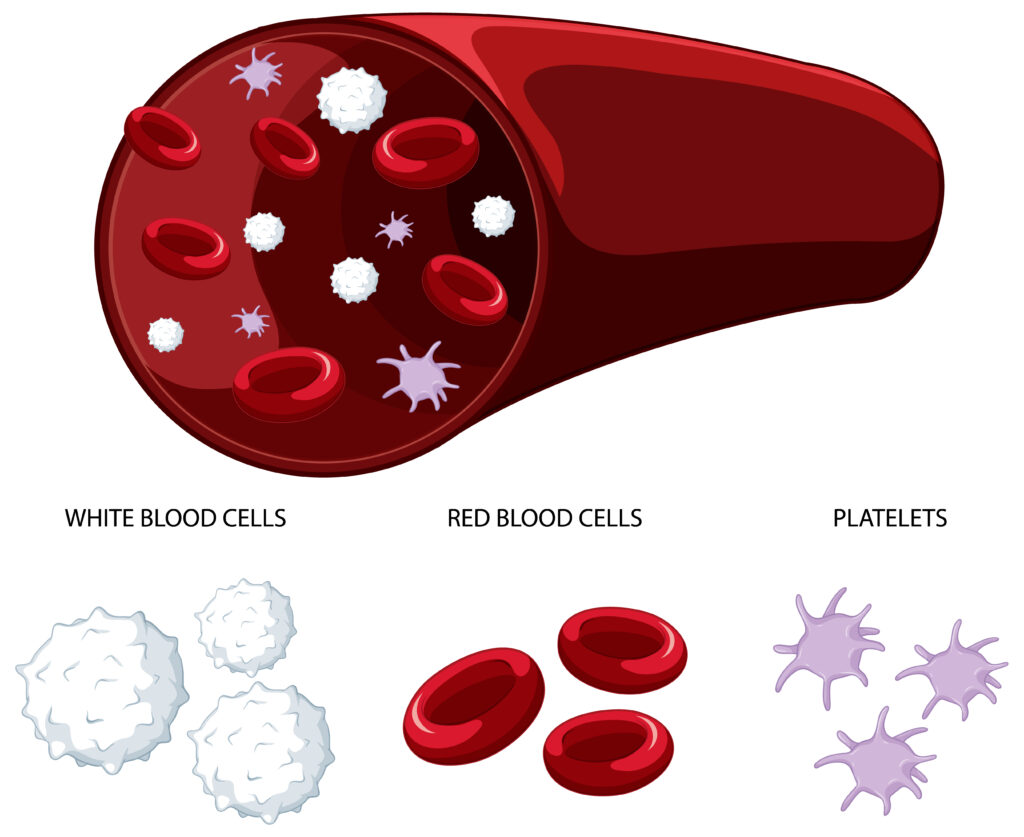Emerging research is shedding light on a troubling link between high-fat diets and cancer progression. Scientists have discovered that consuming large amounts of dietary fats may trigger changes in platelets—tiny blood cells best known for helping to form clots—that transform them into accomplices in cancer’s spread throughout the body.

The Diet-Cancer Connection
While high-fat diets have long been associated with obesity and inflammation—two known risk factors for cancer—new evidence points to a more direct and sinister connection. It appears that certain fats in the diet don’t just support tumor growth passively; they may actively reprogram platelets to help cancer cells metastasize, or spread, more efficiently.
Platelets: More Than Just fat Clotting Agents
Platelets play a critical role in stopping bleeding, but they also interact with cancer cells in complex ways. Under normal circumstances, platelets protect the bloodstream by sealing wounds. However, in individuals consuming a high-fat diet, these same cells can undergo changes that make them more likely to interact with and protect circulating cancer cells.
These so-called “rogue platelets” help cancer cells evade immune detection, adhere to blood vessel walls, and invade distant organs—a critical step in metastasis. Scientists believe the altered lipid content of the blood, driven by fatty foods, may prime platelets for this malignant behavior.
How Fats Rewire the Blood
Studies in mice and human models have shown that high-fat diets can increase the presence of lipids in the bloodstream, particularly saturated fats and certain omega-6 fatty acids. These lipids are absorbed by platelets, altering their membrane structure and internal signaling mechanisms. As a result, platelets become hyper-reactive, releasing growth factors and inflammatory molecules that assist tumor cells in establishing new colonies in distant tissues.
Implications for Cancer Prevention and Treatment

The discovery of this pathway is prompting a reevaluation of dietary recommendations for cancer patients and those at high risk. It also opens the door for new therapeutic strategies—possibly targeting platelet metabolism or fat absorption in the gut to limit metastasis.
Doctors and researchers stress that not all fats are equally harmful. Unsaturated fats, such as those found in olive oil, nuts, and fatty fish, may not trigger the same harmful changes and can even have protective effects. The focus, they say, should be on reducing processed and saturated fats common in fried foods, red meats, and high-calorie snacks.
Conclusion
The link between diet and cancer continues to deepen, with rogue platelets emerging as unexpected players in cancer’s deadly game. As scientists unravel the mechanisms behind this relationship, one message is becoming clearer: what we eat doesn’t just impact our waistline—it can alter how our body supports or fights disease on a cellular level.






